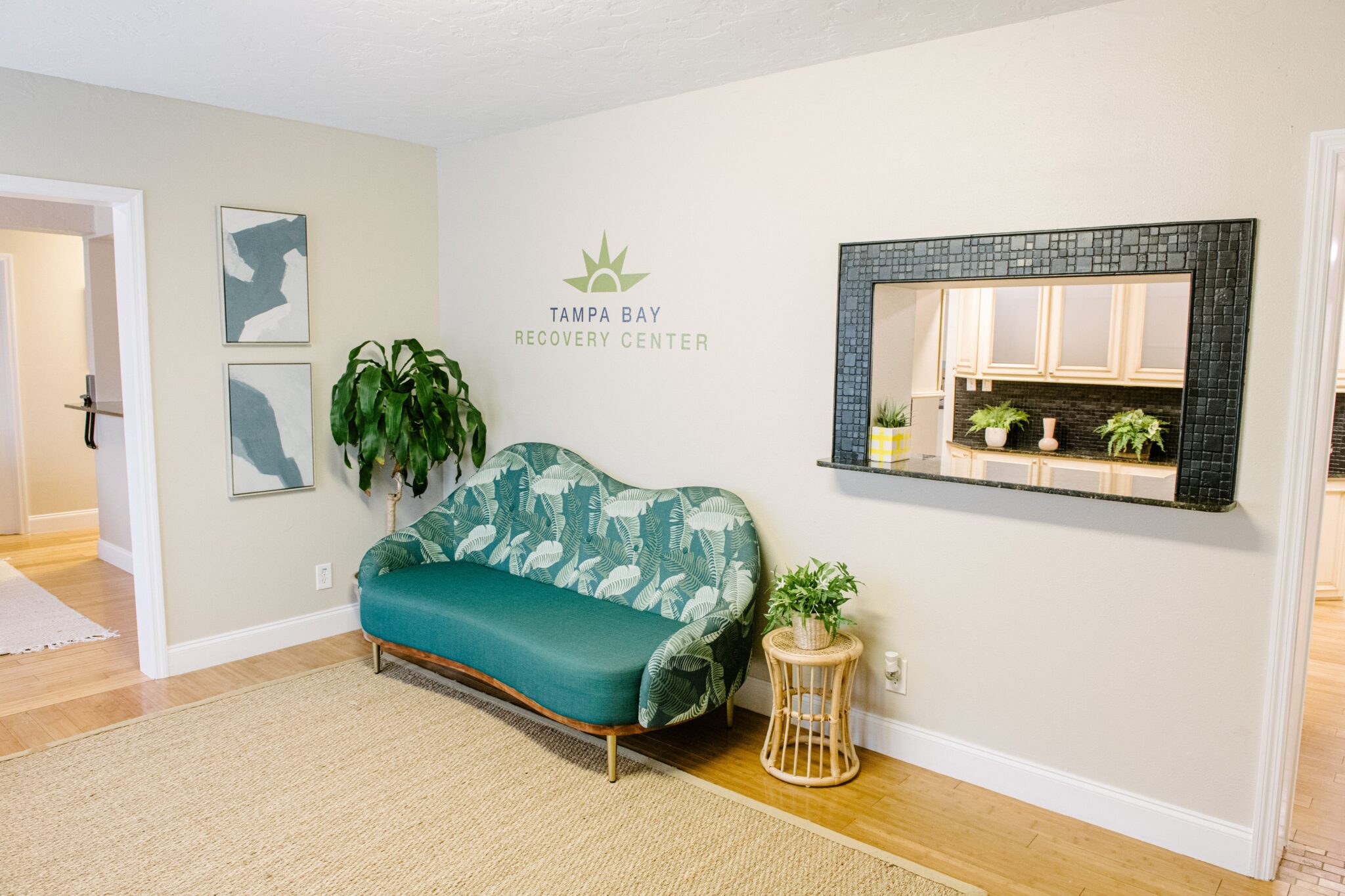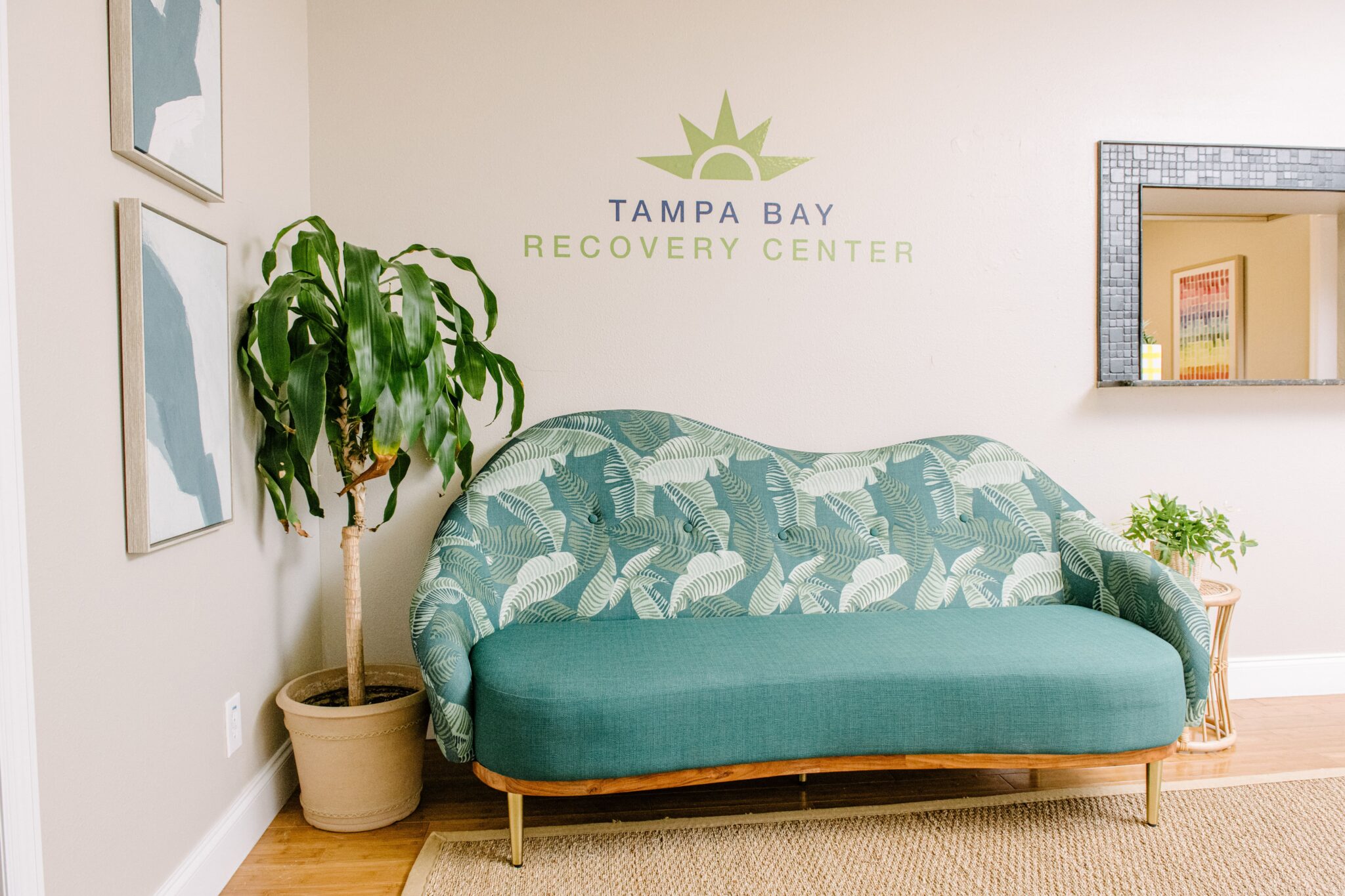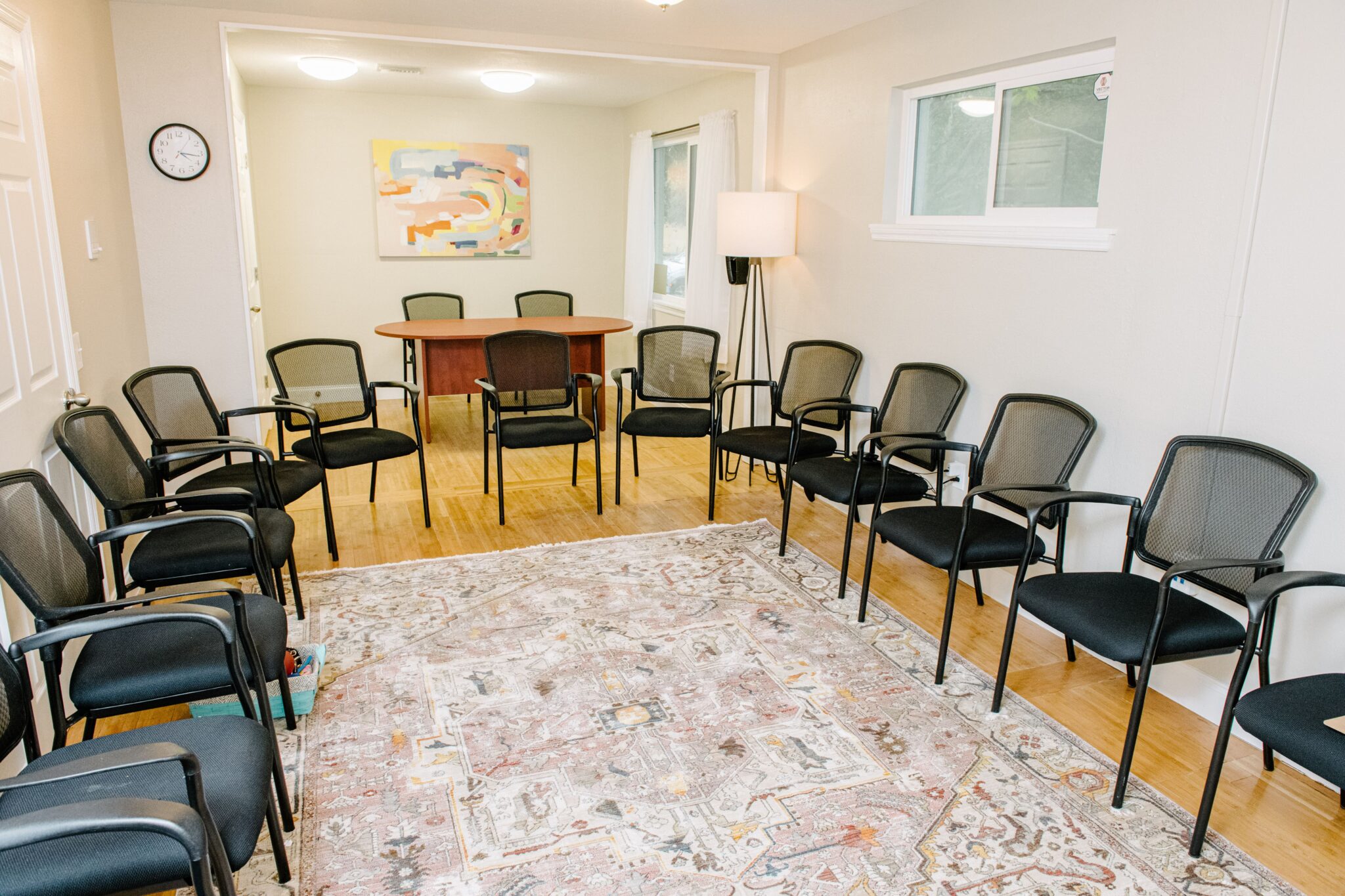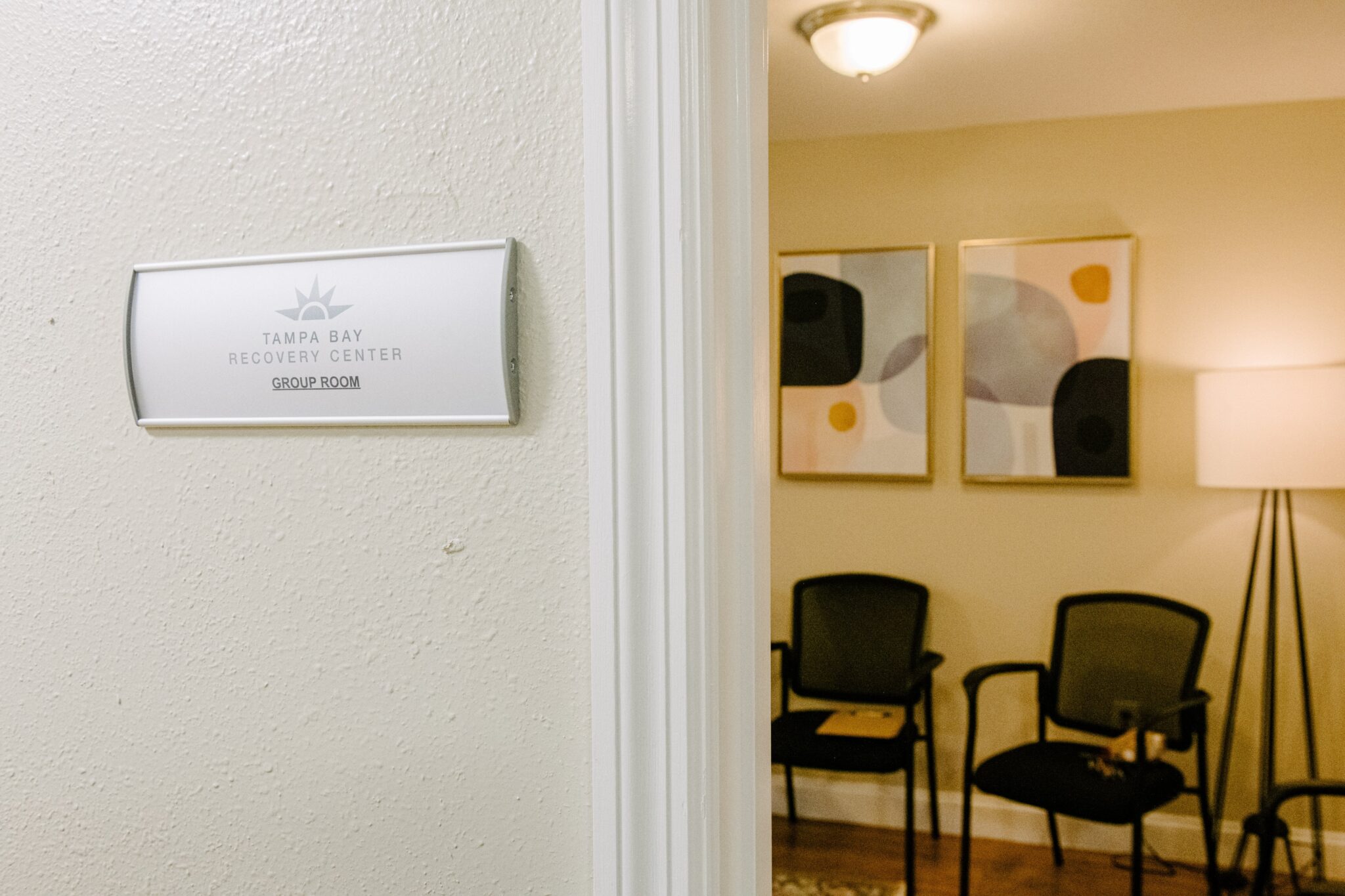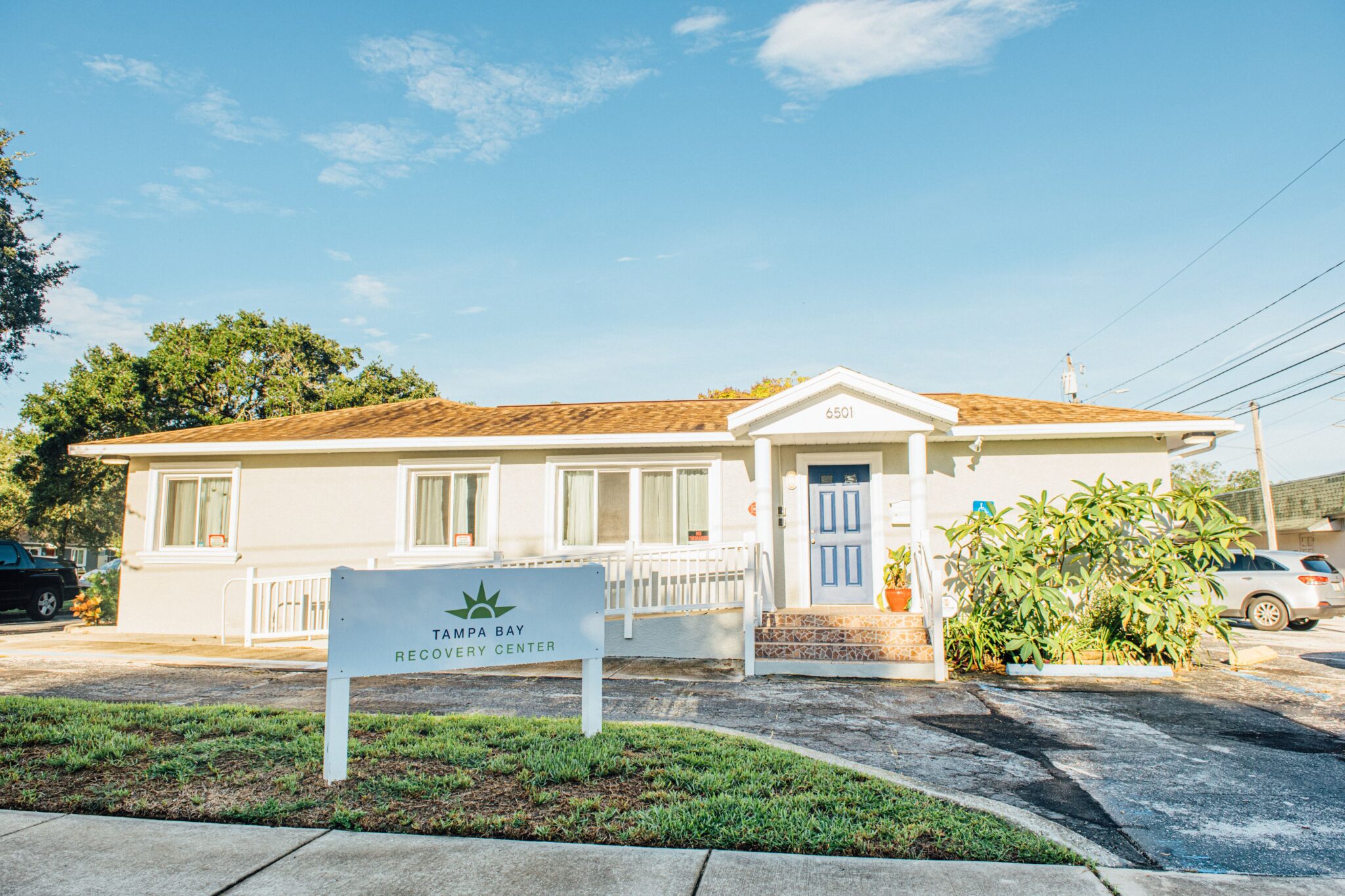Benzodiazepine addiction, or benzo addiction, has become a widespread issue affecting individuals across all demographics. While benzodiazepines are effective medications for conditions like anxiety, insomnia, and seizures, their misuse can lead to dependence and addiction. At Tampa Bay Recovery Center in St. Petersburg, we offer a specialized benzo addiction treatment program designed to help individuals reclaim their lives and achieve lasting recovery.
What Are Benzodiazepines?
Benzodiazepines, commonly referred to as “benzos,” are psychoactive drugs that slow down the central nervous system. This sedative effect helps reduce anxiety, relax muscles, and treat insomnia and seizures. However, prolonged or excessive use can lead to addiction. Some of the most commonly prescribed and abused benzos include:
- Xanax (alprazolam)
- Valium (diazepam)
- Ativan (lorazepam)
- Klonopin (clonazepam)
Signs and Symptoms of Benzo Addiction
Recognizing the signs of benzo addiction is key to seeking timely intervention. The symptoms can manifest in physical, psychological, and behavioral ways, varying in severity based on the individual.
Physical Signs of Benzo Addiction:
- Increased Tolerance: Needing higher doses to achieve the same effect.
- Withdrawal Symptoms: Experiencing tremors, sweating, heart palpitations, muscle pain, and seizures when stopping use.
- Physical Dependence: Feeling unwell or unable to function without benzos.
- Changes in Physical Appearance: Weight changes, pale or flushed skin, bloodshot eyes, and poor hygiene.
- Disrupted Sleep Patterns: Insomnia or excessive drowsiness.
- Decreased Coordination: Clumsiness, unsteady gait, and slurred speech.
- Recurring Health Issues: Including digestive problems and respiratory issues.
Psychological Signs of Benzo Addiction:
- Anxiety: Paradoxically, benzo misuse can lead to increased anxiety.
- Depression: Symptoms may include persistent sadness and a loss of interest in activities.
- Mood Swings: Rapid emotional shifts, ranging from euphoria to irritability.
- Cognitive Issues: Including memory loss and difficulty concentrating.
- Obsession with the Drug: Spending excessive time thinking about, obtaining, or using benzos.
- Denial: Refusing to acknowledge the severity of addiction.
Behavioral Signs of Benzo Addiction:
- Increased Usage: Using more of the drug or more frequently than prescribed.
- Neglecting Responsibilities: Failing to meet work, school, or family obligations.
- Doctor Shopping: Visiting multiple doctors to obtain additional prescriptions.
- Social Withdrawal: Avoiding social activities and isolating oneself.
- Risky Behaviors: Engaging in dangerous activities, like driving under the influence.
- Legal Issues: Facing trouble due to the acquisition or use of benzos.
Do I Need Benzo Addiction Treatment?
Determining the need for professional help involves recognizing certain key indicators of addiction. If you or someone you know is:
- Unable to quit despite attempts,
- Increasing dosages to achieve the same effects,
- Experiencing withdrawal symptoms when reducing use,
- Struggling to meet responsibilities due to drug use,
- Obsessed with the drug, or
- Continuing to use despite harmful consequences,
then it’s time to seek benzo addiction treatment.
How Is Benzo Addiction Treated?
Benzo addiction treatment requires a comprehensive, personalized approach. At Tampa Bay Recovery Center, we offer a multi-level treatment program that addresses every aspect of addiction.
Detox:
The first step is medical detox, which safely eliminates benzos from the system while managing withdrawal symptoms, such as seizures, anxiety, and insomnia. Detox is closely monitored by medical professionals to ensure safety and comfort.
Partial Hospitalization Program (PHP):
After detox, individuals often enter our Partial Hospitalization Program (PHP). This intensive program involves several hours of daily therapy, including individual counseling, group therapy, and family therapy. PHP helps address the root causes of addiction and provides strategies for relapse prevention.
Intensive Outpatient Program (IOP):
For those needing a less intensive level of care, our Intensive Outpatient Program (IOP) offers flexible treatment while allowing individuals to manage their daily responsibilities. IOP consists of therapy sessions three times a week, focusing on sustaining recovery and reintegrating into everyday life.
Sober Living:
For additional support, individuals can transition to sober living homes. These environments promote recovery through peer support and structure, serving as a bridge between intensive treatment and independent living.
How Long Do Benzos Stay in Your System?
The length of time benzodiazepines remain detectable in the body varies. Shorter-acting benzos may stay in your system for a few days, while long-acting benzos, like Valium, can be detected for up to a month. In hair tests, benzos can be detected for up to 90 days.
Start Benzo Addiction Treatment at Tampa Bay Recovery Center
Overcoming benzo addiction is challenging but achievable with the right support. At Tampa Bay Recovery Center, we offer expert care to help you or a loved one recover from addiction and regain a fulfilling life. Reach out today to learn more about our programs and admissions process. Contact us at (813) 733-8774 and take the first step toward recovery.


